With a success rate of about 95 percent, dental implants have become exceptionally reliable replacements for one or more missing teeth, according to the ACP, or American College of Prosthodontists. Like your natural teeth, implants do require proper care to ensure their extended life expectancy. Problems such as peri-implantitis, an infection in the soft tissue around your implant, can develop without your proper daily care.
Dental Implants
Initially developed to replace a missing tooth, a dental implant is made up of three basic parts, a titanium artificial root, an abutment or extension, and then the crown attached to the top. An extremely popular and successful restoration choice, the benefits of dental implants include:
- Providing you with a normal, healthy bite and the ability to chew.
- Will not come loose or slip, like traditional dentures.
- Totally looks like your natural tooth and will never develop a cavity.
- The artificial root provides natural stimulus to the jawbone to maintain integrity, mass, and density.
Dental implants are not resistant to plaque buildup. Bacterial plaque accumulation on your implant can cause peri-implantitis. Peri-implantitis is the gum inflammation around the implant, resulting in deterioration in both the tissue and in the jawbone supporting the dental implant.
Studies have warned that around 40 percent or more of five-year-old implants may be vulnerable to peri-implantitis. If left untreated, the infection may result in the loss of the implant.
How to Care for Your Dental Implant
The simple benefit of taking consistent and diligent care of your implant is that it will last for decades, and not be subjected to conditions like peri-implantitis. To prevent any implant plaque buildup leading to peri-implantitis, your oral hygiene routine should include:
- Still brushing twice a day and flossing daily.
- Consider using water flossers or interdental brushes.
- Visit your dentist every six months to maintain your gums and bone health.
- Consider giving up smoking, as the habit increases your risk of implant failure.
If you have had either periodontal disease or diabetes, your risk is higher of developing peri-implantitis.
Symptoms of an Implant Infection
You will see these signs if you are developing peri-implantitis:
- Your gums are inflamed or feel tender.
- Your gums may bleed when brushing or flossing.
Bring these concerns to your dentist.
Treating Peri-Implantitis
If you notice peri-implantitis symptoms, schedule a visit to your dentist soon to resolve the infection and avoid implant failure. Peri-implantitis treatments will vary based on your oral health, the kind of implant, and the severity of the peri-implantitis.
Each treatment has advantages and disadvantages. Some treatments might be more effective in combination.
- Antibiotics- Antibiotics will work on moderate infections.
- Mechanical Removal- Dental tools can remove bacterial plaque and restore tissue. These might include titanium brushes and air-abrasive and ultrasonic devices.
- Laser Therapy- Your dentist could choose to use laser therapy to eliminate the bacteria around the implant.
- Surgery- This is the most effective way to treat peri-implantitis. The oral surgery might involve pulling back the tissue to create flaps for removing the plaque. Another might involve bone regeneration, which may include bone grafts.
After your treatment, you can expect follow-up appointments. This way your dentist can monitor your healing progress and make sure the implant is stable. The new gold standard for teeth replacement, implants let you live your life just as with your natural teeth.
